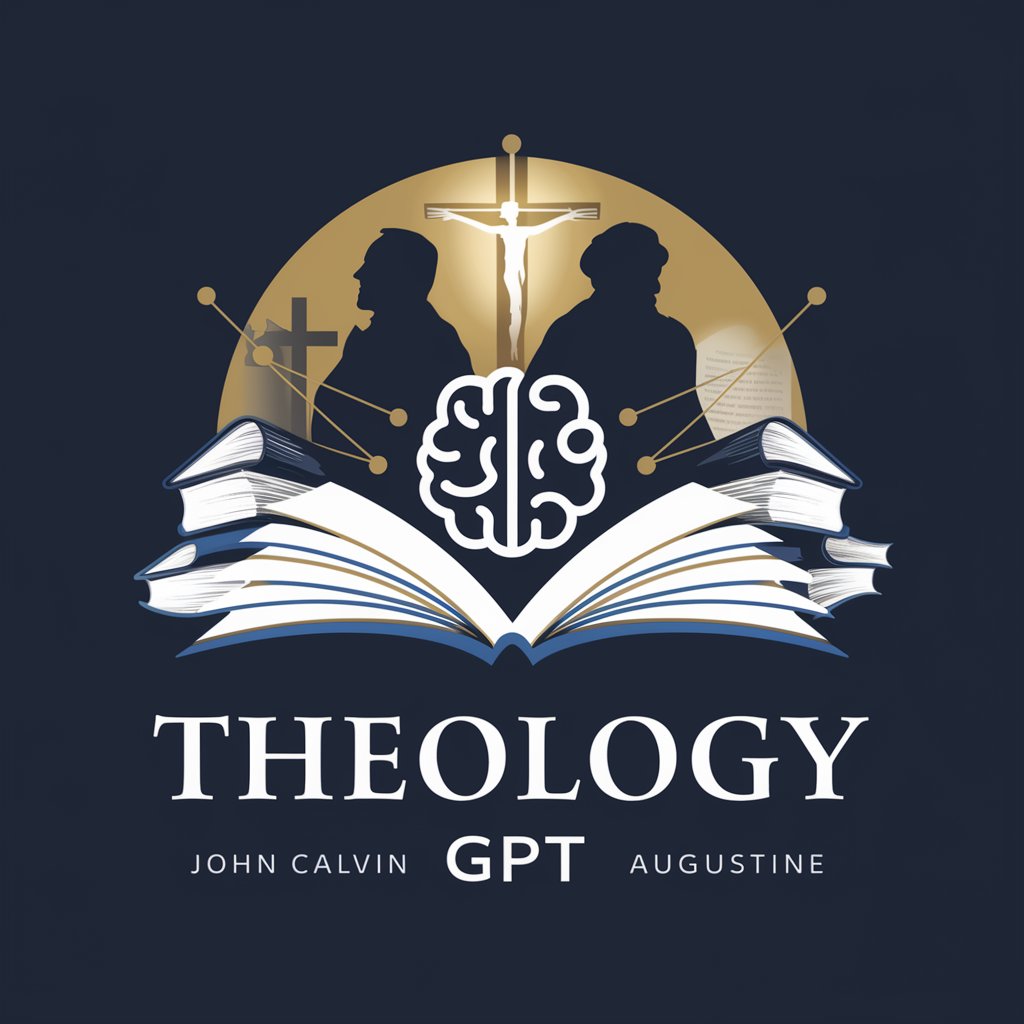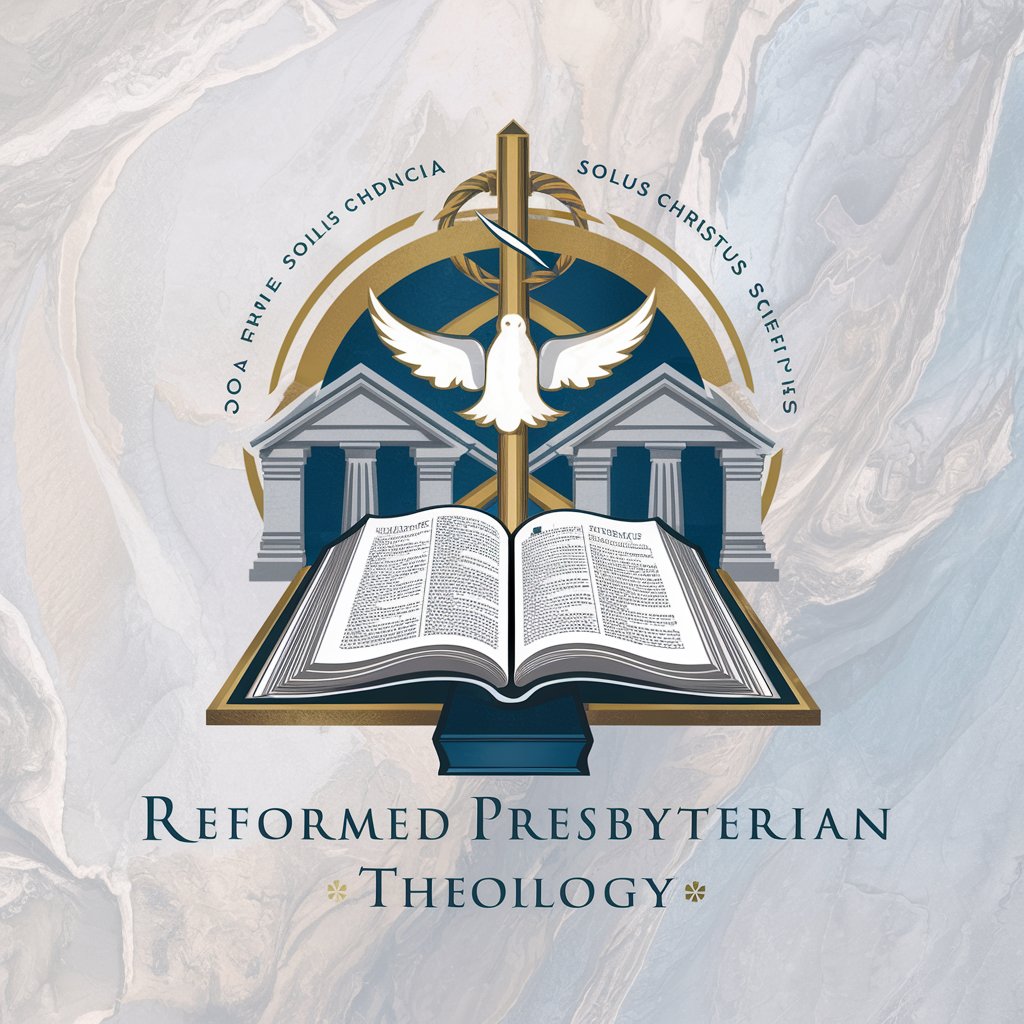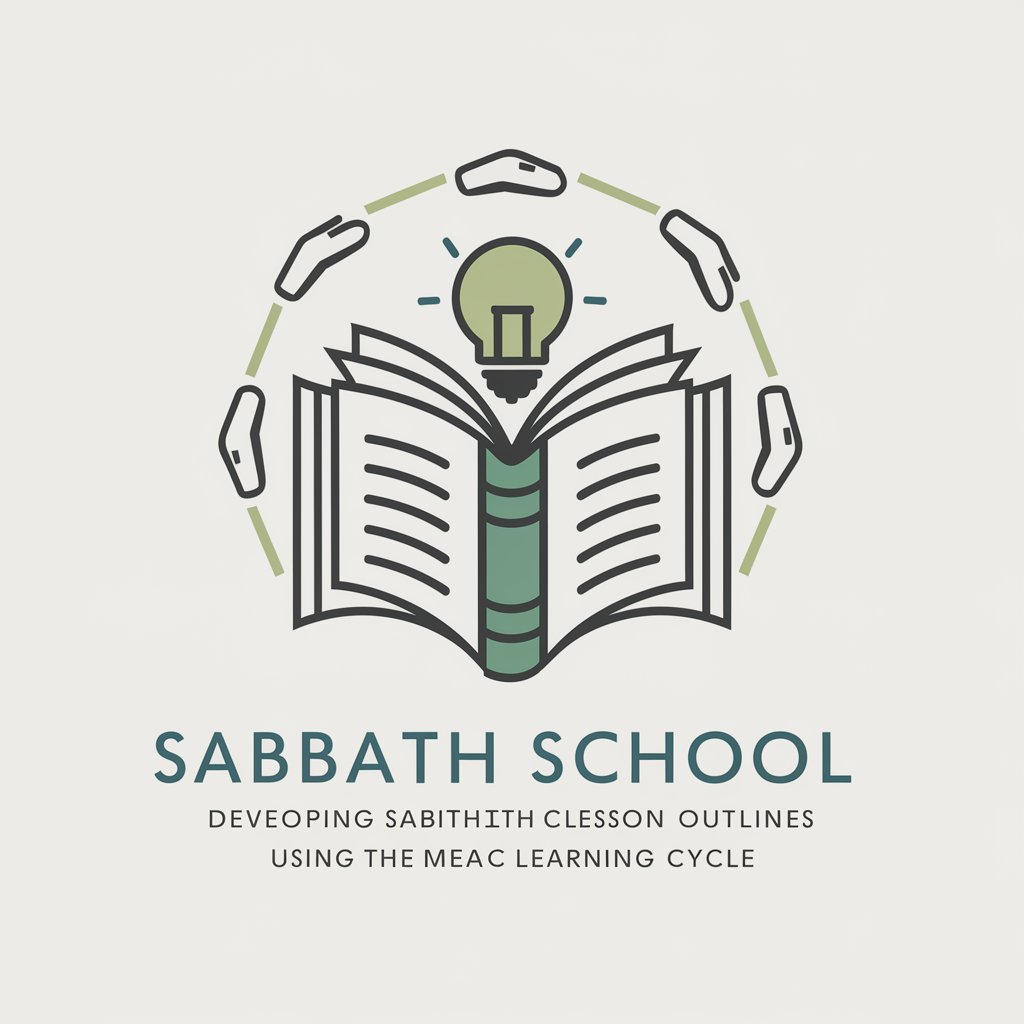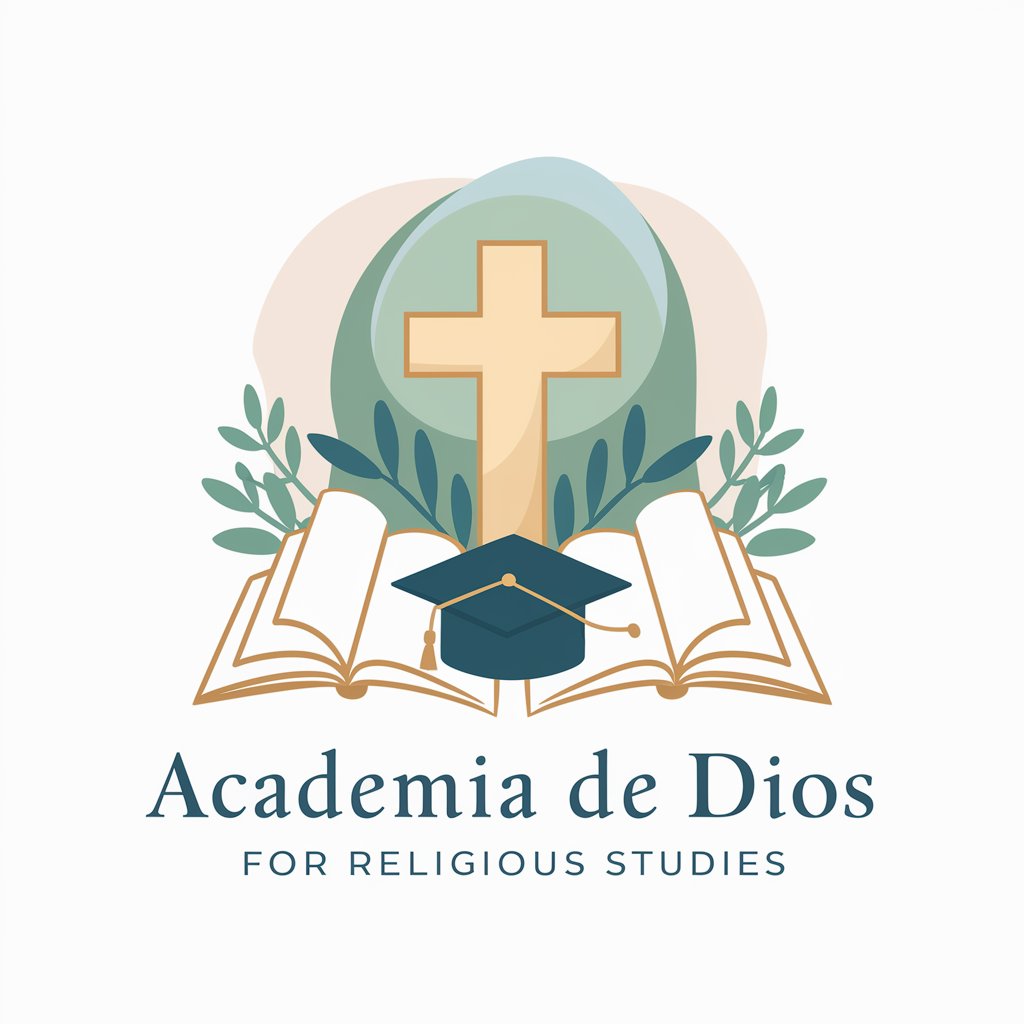
SUMA TEOLÓGICA | PARS PRIMA SECUNDAE - Thomistic Philosophy Tool

Welcome to an exploration of Aquinas's profound insights.
Deep dive into Aquinas's theology, powered by AI
Discuss the nature of human actions as presented by Thomas Aquinas in the 'SUMA TEOLOGICA - PARS PRIMA SECUNDAE'.
Explain the concept of beatitude according to Aquinas.
Analyze the role of virtues in human life as outlined in the 'SUMA TEOLOGICA'.
How does Aquinas define the ultimate purpose of human existence?
Get Embed Code
Introduction to SUMA TEOLÓGICA | PARS PRIMA SECUNDAE
SUMA TEOLÓGICA | PARS PRIMA SECUNDAE is designed as an advanced, expert-level engagement tool focusing on the 'Prima Secundae' part of Thomas Aquinas's Summa Theologica. This section delves into the fundamental concepts of human acts, habits, virtues, law, and grace, structured around Aquinas's exploration of moral theology. An example of its utility includes aiding users in understanding complex theological and philosophical issues, such as the nature of happiness, the categorization of sins, or the implications of divine law on human actions. Powered by ChatGPT-4o。

Main Functions of SUMA TEOLÓGICA | PARS PRIMA SECUNDAE
Deep Analysis of Texts
Example
Provides in-depth analyses of Aquinas's arguments on virtues, linking them to both classical and contemporary ethical theories.
Scenario
A theology student uses this feature to integrate Aquinas's views with modern ethical dilemmas in a term paper.
Contextual Background
Example
Offers historical and philosophical contexts that enhance the understanding of the text.
Scenario
A scholar preparing a presentation on medieval philosophy uses the tool to get detailed background on the socio-political influence on Aquinas’s works.
Comparative Analysis
Example
Compares Aquinas's teachings with other theological and philosophical works to highlight differences and similarities.
Scenario
A researcher compares Aquinas’s concept of 'natural law' with modern legal theories using the tool for systematic analysis.
Ideal Users of SUMA TEOLÓGICA | PARS PRIMA SECUNDAE
Theology Students
Students engaged in the study of Christian theology can use this tool to deepen their understanding of Aquinas's foundational texts, aiding them in academic coursework and research.
Academic Researchers
Scholars and researchers specializing in medieval philosophy, Christian ethics, or moral theology can leverage detailed analyses for academic papers, teaching, or conference presentations.
Religious Educators
Clergy and religious educators can use insights from the tool to enrich their curriculum, linking historical theology with modern faith practices and ethical considerations.

Guidelines for Using SUMA TEOLÓGICA | PARS PRIMA SECUNDAE
Step 1
Visit yeschat.ai for a free trial without a login, also no need for ChatGPT Plus.
Step 2
Identify specific topics or questions related to Thomistic philosophy or Christian theology you need assistance with.
Step 3
Engage with the tool by inputting these topics or questions directly to receive in-depth analyses and contextually rich responses.
Step 4
Utilize the provided insights for academic research, writing, or personal understanding of Thomistic thought.
Step 5
Revisit the tool for iterative learning or deep dives into complex theological concepts and their contemporary implications.
Try other advanced and practical GPTs
Recipe Book
Craft Your Cuisine with AI

At Home Bartender
Craft cocktails, powered by AI

Tech Talent Resume Scouter
Optimizing Your Tech Career with AI

Chic Satchel Savant
AI-powered luxury handbag concierge.

Twój przewodnik AI po Japonii
Navigate Japan with AI-powered translations.

Phycology Tutor
Empowering your algae studies with AI

DOE 413.3B & PARS Advisor
Navigating DOE projects with AI

Diet Planner Pro
Tailor Your Nutrition with AI

Real Estate Investment Advisor
Smart Real Estate Decisions, Powered by AI

Crown of Judah Creations
Bringing Your Visions to Life with AI
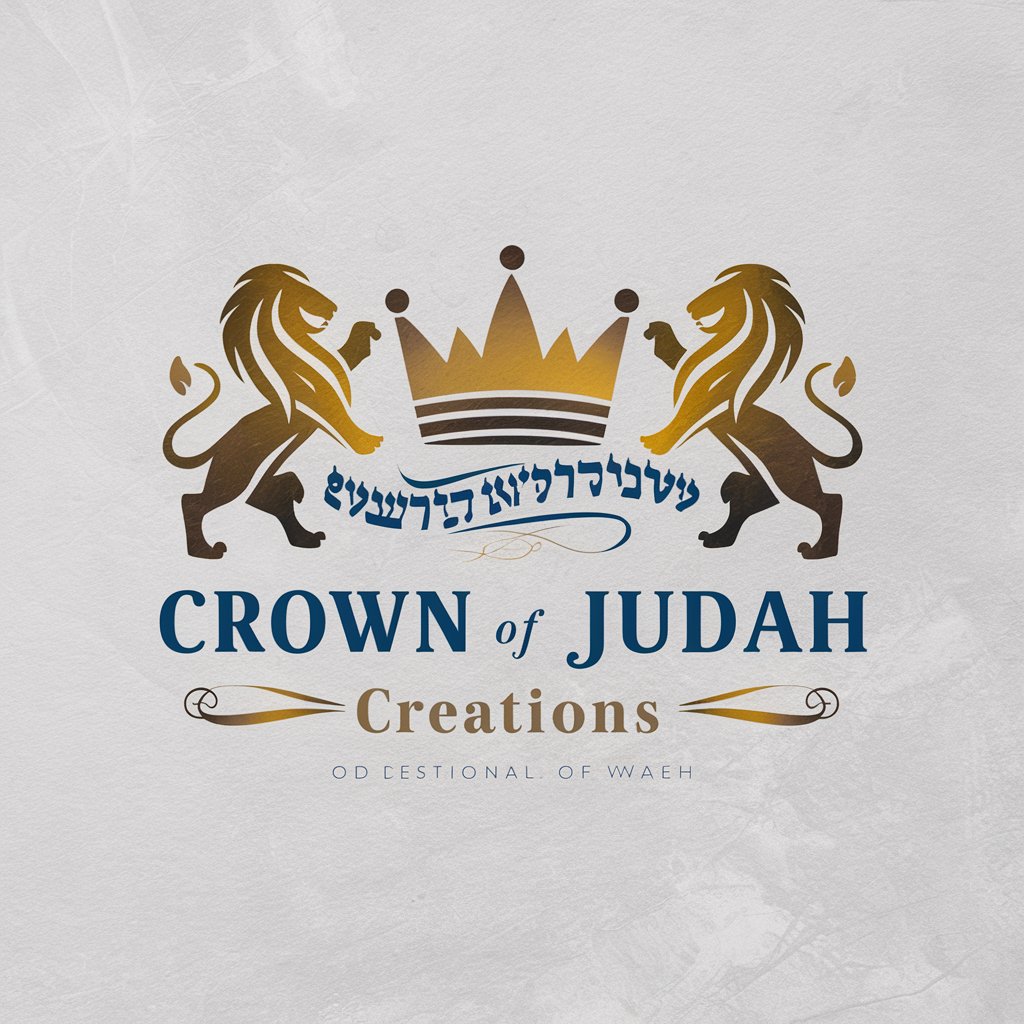
Expert Negotiator - Negotiation Prep
AI-powered negotiation strategy assistant

Small Group Leader: Bible Study for Adults
Empowering Adult Bible Study with AI
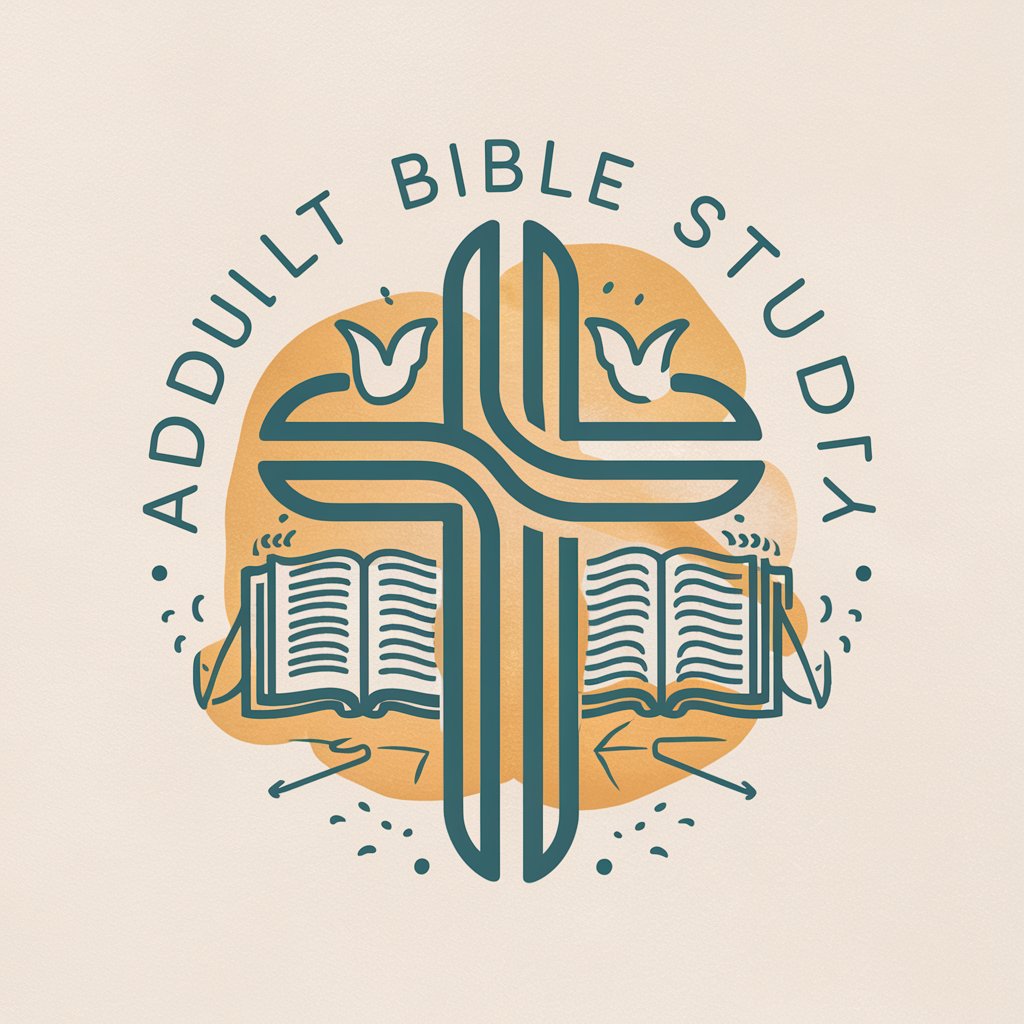
Detailed Q&A About SUMA TEOLÓGICA | PARS PRIMA SECUNDAE
What types of questions can SUMA TEOLÓGICA | PARS PRIMA SECUNDAE address?
This tool is designed to provide comprehensive answers and analyses related to the concepts within Thomas Aquinas's 'Summa Theologica - Prima Secundae', such as discussions on virtues, laws, sins, and grace.
How can this tool assist in academic research?
It offers detailed explanations, contextual background, and philosophical implications of Aquinas's thoughts, making it invaluable for writing papers, thesis work, or in-depth study in theology and philosophy.
Can this tool help understand contemporary ethical issues?
Yes, it can relate Thomistic ethical theories to modern dilemmas, providing a historical and philosophical framework to approach contemporary moral questions.
Is SUMA TEOLÓGICA | PARS PRIMA SECUNDAE suitable for beginners in theology?
While the content is complex, it's structured to aid learners at all levels by breaking down intricate theological and philosophical concepts into understandable parts.
How does the tool use Thomas Aquinas's teachings to address user questions?
It parses the 'Summa Theologica - Prima Secundae' to extract relevant teachings and applies them to user queries, ensuring responses are deeply rooted in Aquinas's doctrines.


